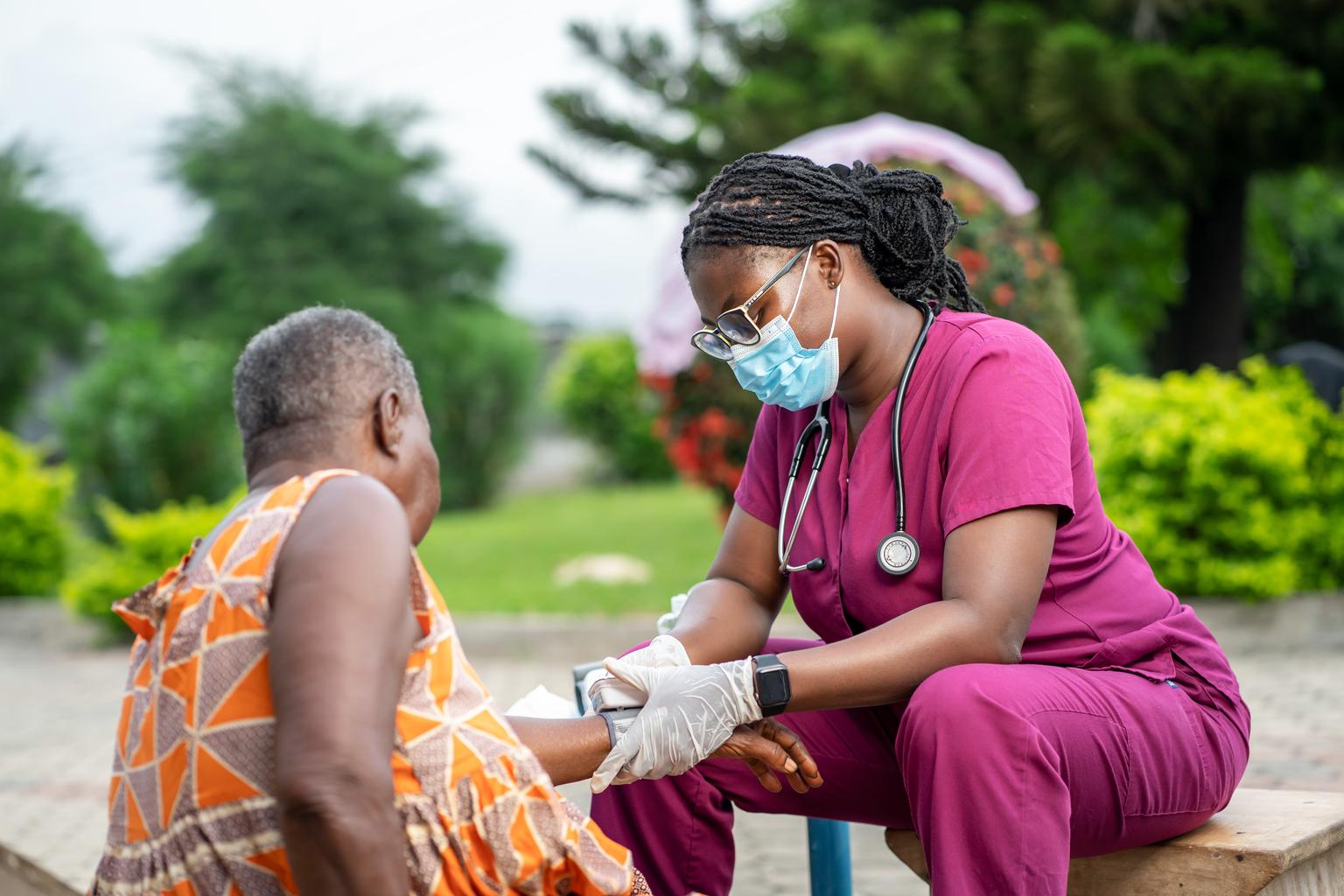You matched—congratulations! After celebrating great Match Day news, though, you might begin thinking about your next challenge: how to prepare for residency now that it’s only months away. Some of the same attributes that helped you land the residency you’re excited about will play a role in the next phase of your training. But you’ll need other skills to succeed during your residency years, too.
According to research published in the Western Journal of Emergency Medicine, many residents find themselves ill-prepared for some of the challenges of residency training, particularly those related to well-being. In addition to knowing the right answers to questions, you’ll also bear the responsibility of managing patients. They and their families will look to you as one of their doctors, so you need to be able to communicate like one. And you’ll no longer be a student who does exactly as you’re told—you’ll need to function independently, and you’ll often be responsible for allocating work among your team.
In other words, the leap from medical student to resident requires a new mindset. Here are a few steps you can take now to prepare.
Be ready to make fast decisions
Residents at all levels, even interns, write orders for medications, diagnostic tests and procedural interventions. Each team and attending may have idiosyncratic expectations and boundaries, but in a pinch, you’ll be expected to act fast and make decisions. Failure to do so can have serious consequences for your patients. You have to gauge when to take care of things and when to ask for help.
To prepare for your decision-making authority, you’ll need to learn how to efficiently handle urgent situations. If you haven’t already done so, schedule at least one subinternship rotation in the specialty that is most similar to what you’ll do during your internship year. By the time Match Day rolls around, interns will be near the end of their first year, and you can observe how they take care of patients. And at this time of the year, senior residents and attendings will be more willing to guide you through procedures now that most interns have learned the basics.
Prioritize accuracy
While you’ll often have to act fast during your intern year, interns generally have fewer patients to take care of than senior-level residents. This gives you time to plan details carefully. You’ll never be excused for miscalculating medication doses, misinterpreting lab results or misreading an imaging study.
Get ready by double-checking everything you do in your rotations during your final months of medical school. It’s possible that your accuracy won’t always be assessed at this point since you aren’t writing orders yet, but you need to function as if you’re the one writing those orders. Because the second you don the white coat, your accuracy will matter.
Hone your patient communication skills
During residency, you’ll spend tons of time with patients. You’ll be there nights and weekends when patients’ families visit. And you’ll be put on the spot with face-to-face conversations at any time—whether it’s convenient or not. Sometimes you’ll be discussing a cancer diagnosis with a patient’s family while being paged about another patient’s emergency.
You can prepare for these tough situations by speaking with patients and listening to their concerns during your final months of medical school. It’s OK if you don’t know the answers to their questions at this point. But if you hear what they want to talk about and watch how they respond when senior physicians talk with them, you’ll be ready when you’re the one who has to put your patients at ease.
Get ready for a diverse team
When you work as a resident in any specialty, you’ll have to cooperate with co-workers more than you did as a student. It’s vital that you communicate in a respectful way with everyone. You may be more stressed out and tired as a resident than you were as a student. But getting along with colleagues—even those who aren’t courteous—is a valuable skill. It helps to mentally prepare and to know that you can’t anticipate every scenario.
When I was a senior neurology resident, a consulting physician refused to take my recommendations, insisting that my senior neurology attending see all patients before she would agree to any diagnostic tests or treatment plans I wanted for the patients. That wasn’t standard procedure and it delayed patient care, but the frustrating process occurred each time the physician wanted a neurology consultation. Working with a diverse team means more than working with people of different backgrounds and roles—it also means working with people who don’t necessarily follow the same routine as everyone else. Start now by learning the difference between requirements (like who is supposed to be called in each situation) and protocol that people can bend if they want to. This will help you gauge your response to these interpersonal challenges in the moment and navigate tricky situations without damaging relationships.
Learn to allocate work
As a resident, you’ll often have to distribute duties among your team. You’ll also take on responsibility for teaching medical students and interns on your rotations. According to an article in the Journal of Surgical Education, surgical residents are frequently tasked with teaching, even when the role isn’t formally designated.
You can start to prepare for these responsibilities before you begin residency by paying attention to how long different tasks take. Keep in mind that you’ll also have to make sure that you divide the work in a way that gives everyone a chance to pick up the skills they need to acquire during each rotation.
Sometimes, the person who grumbles the most or complains the loudest—or who just doesn’t do a good job—receives a minimal workload simply because no one wants to bother with them. Keep in mind that your problematic colleagues may find themselves asked to leave residency. In the meantime, when it’s your turn to divide the work, be fair so you won’t burden anyone just because they’re nice or competent.
So, take the time to enjoy your recent success, but don’t wait to begin preparing yourself for what’s ahead!





